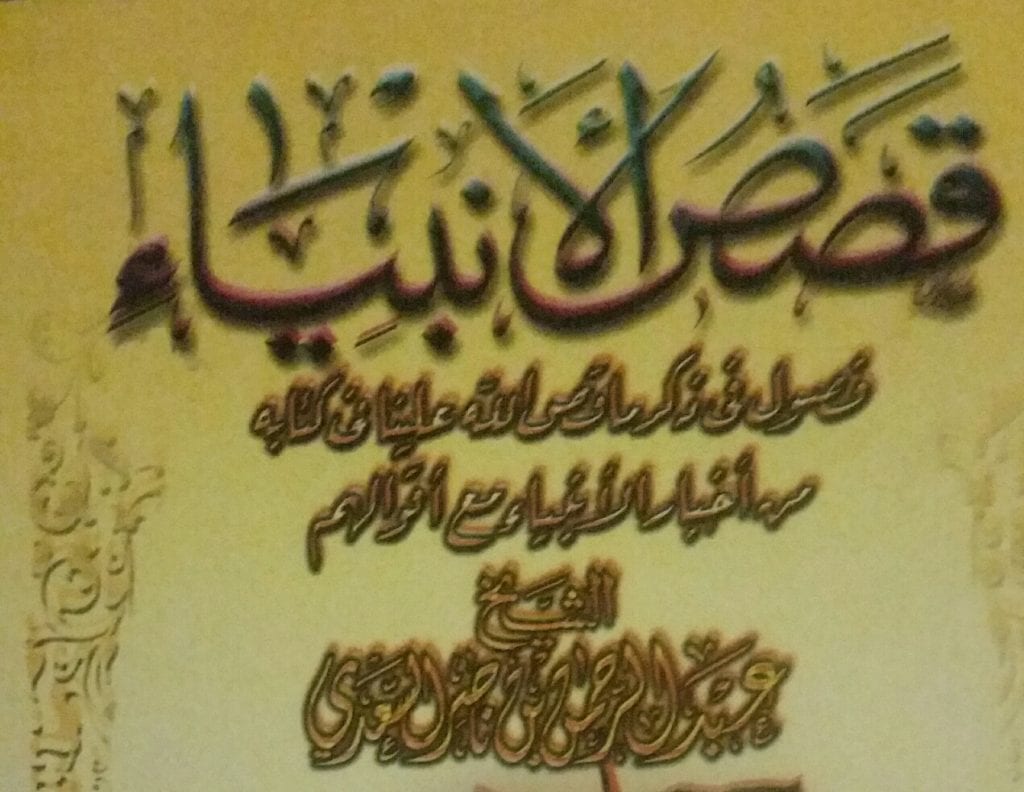[Sūrah Ghāfir 40:55].”
www.Salafi-Dawah.com
What is the soundness of the statement
concerning the hellfire coming to an end?


The Opinion Of The Majority Is Not
Consensus: Shaykh Salih Al Fawzan
The Opinion Of The Majority Is Not
Consensus: Shaykh Salih Al Fawzan
TEACHING THE PEOPLE MAGIC
Teaching the People Magic by the Muhaddith, Shaykh, Allamaa’ Muhammad Nasiruddeen al-Albaani
Translated by Abbas Abu Yahya
Shaykh Albaani was asked the question: What is the interpretation of the noble Ayaah:
<< They followed what the Shayateen gave out (falsely of the magic) in the lifetime of Sulaiman. Sulaiman did not disbelieve, but the Shayateen disbelieved, teaching men magic and such things that came down at Babylon to the two angels >> [Baqarah: 102]
The Shaykh answered:
‘There is no doubt that there is a difference of opinion amongst the scholars of Tafseer regarding this Ayaah. However, that which I personally find to be the strongest opinion is that its meaning is that Allaah – Azza wa Jal- sent down two Angels to teach the people magic, at a time when magic was hugely oppressive and had become widespread. Magic had become confused with the miracles of some of the Prophets. For example, in the story of Musa -Alayhi as-Salaam- and the magicians, Pharoah wanted to mislead the people, at the hands of magicians, away from Musa’s Dawa’ (call) to the truth.
What Pharoah manifested was magic. Then, as we know, Allaah -Azza wa Jal- cut off the actions of the magicians; they submitted and believed in The Lord of all that exists.
Therefore, their knowledge of magic after that point was a means to distinguish between invented matters, magic and reality.
So, in reality, when Musa -Alayhi as-Salaam- threw down his staff:
<< فَإِذَا هِيَ تَلْقَفُ مَا يَأْفِكُونَ >> << and behold! It swallowed up straight away all the falsehoods which they showed>> [Al-Araaf: 117] this was something real which all the people believed. The magicians knew, due to their familiarity with magic that their practice of magic was astray and deceit, which had no basis in reality. So when they were unexpectedly confronted with the miracle of Musa -alayhi as-Salaam – the difference between reality and magic became apparent.
<< They said: “We believe in the Lord of all that exists). >> [Al-Araaf: 121]
So the Wisdom of Allaah -Azza wa Jal – dictated, the sending of two Angels: Haroot and Maroot to teach the people magic. This was not to teach them magic for the sake of it, but so that they (the people) could then distinguish it from the magic used by many evil imposters and liars in those days to oppress the people, subjugate them and enslave them.
This is similar to what was mentioned in the story of the young man and the monk, perhaps you remember it. It is important to mention the summary of that here:
The king at that time – the king of the people of the ditch as mentioned in the Qur’aan[1] – used to employ a magician to enslave the people. When the magician felt that he was getting old, frail and elderly he said to the king, ‘Chose a young man from the people for me so that he can be a successor for you.’ Why did he say this? So that he could continue to enslave the people with this magic. This was how the kings in the past were, they would exploit the people by using magic. So Allaah -Azza wa Jal- sent two Angels to teach everyone magic – unlike the king’s magician, (the king of the people of the ditch) when he said to the king, ‘Chose a young man for me’, because it did not suit him to spread knowledge of magic amongst the people. This is because, in that case, the people would then have realised how the king had subjugated them with the use of magic.
Therefore, the Wisdom of Allaah -Azza wa Jal- dictated that He send two Angels to teach the people magic, in order for them to be able to distinguish between magic and miracles. Also, because magic undoubtedly leads to corruption, Allaah said, in the same context of the same story:
<< but neither of these two Angels taught anyone such things till they had said, “We are only for trial, so disbelieve not (by learning this magic from us).” And from these Angels people learn that by which they cause separation between man and his wife >> [Baqarah: 102]
So they went to teach magic for a distinct purpose. However, this learning could turn into a tribulation when they learnt that which harmed them and did not benefit them such as that by which they cause separation between man and his wife. This is my opinion of the Tafseer of this Ayaah, and Allaah knows best.’
[Silsilah al-Huda wa Noor Tape No. 189]
[1] Soorah al-Burooj : 85
English PDF Download: Day 19 – Teaching the People Magic
English Audio: Day 19 – Bite Size Ramadan 1437 – Teaching the People Magic
Taken from: https://followingthesunnah.com/2016/06/24/day-19-teaching-the-people-magic/

Make Du’aa for Every Single Need
The person who treats others kindly
The person who treats others kindly and thinks well of them, will find that his intention will remain true, he will feel at ease, his heart will be sound and Allah will protect him from evil and calamity.
Uthaimeen On Worry and Regret
Shaikh Uthaimeen, may Allaah have mercy on him, said, “A person shouldn’t open himself up to worry and regret, because that will upset him and spoil his life and maybe even his religion, that is why the Prophet ﷺ said about a person who has had something he dislikes happen to him even after carrying out all available means, ‘Don’t say, ‘If …,’ for (saying), ‘If …,’ opens (the door) to the deeds of Satan.’”
Sharh Buloogh al-Maraam, vol. 11, p. 69.
Taken from: https://giftsofknowledge.net/2016/03/26/uthaimeen-on-worry-and-regret/